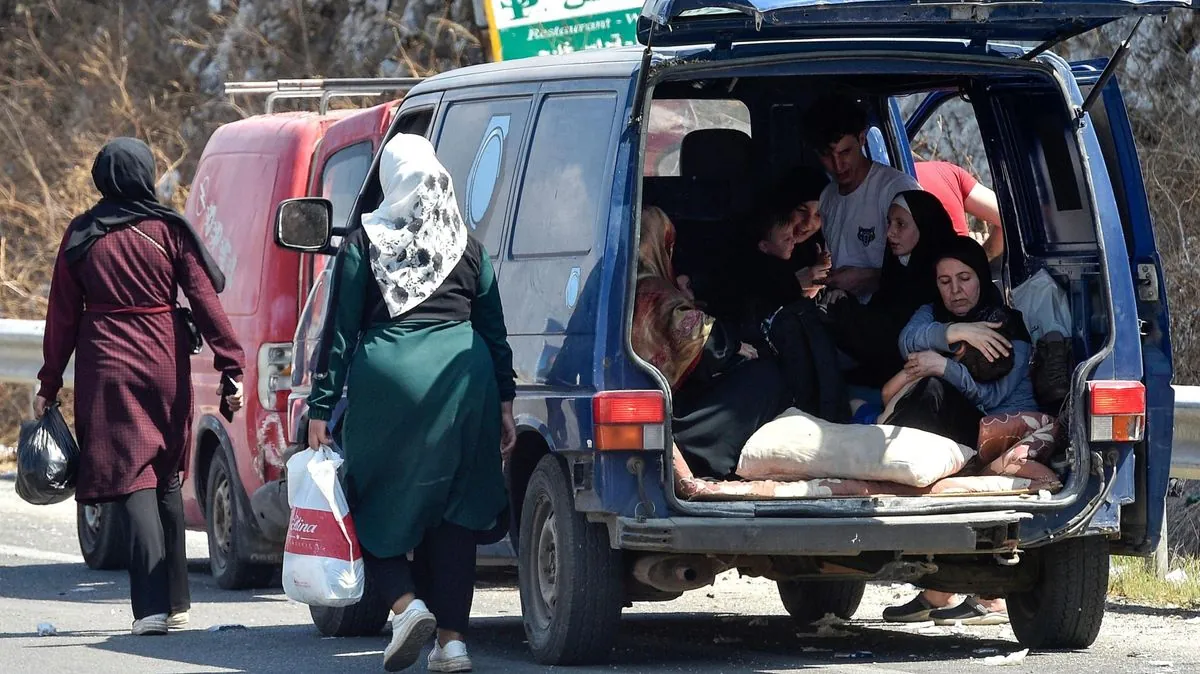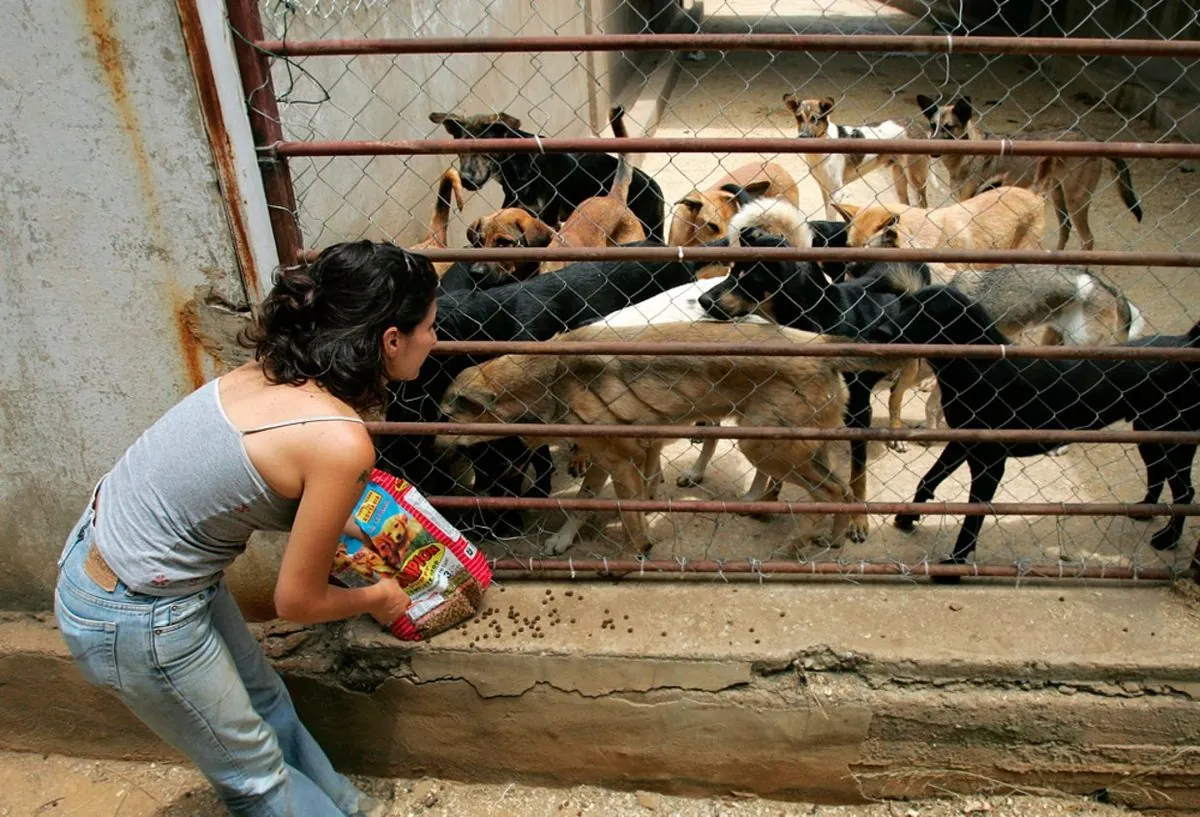Lebanon Grapples with Escalating Crisis as Israeli Offensive Intensifies
Lebanon faces a humanitarian disaster as Israeli military operations expand, causing widespread casualties and displacement. The country's pre-existing economic and political crises exacerbate the situation, leaving civilians struggling to find safety.

Lebanon finds itself in the throes of an escalating crisis as Israeli military operations intensify across the country. The situation has rapidly deteriorated, with reports of new casualties streaming in from various regions, including the south and far north.
Hasan Nasrallah's assassination on September 27, 2024, marked a significant escalation in the conflict. The Israeli airstrikes that targeted the Hezbollah leader in an underground bunker resulted in the destruction of apartment blocks in Beirut's southern suburbs, an area long associated with Hezbollah's influence.
In the wake of this attack, the Israel Defense Forces issued evacuation orders for approximately 400,000 residents in the affected areas. This has led to a mass exodus, with families desperately seeking shelter wherever possible. The capital, Beirut, has absorbed multiple waves of displaced individuals, quickly overwhelming available accommodations.

Lebanon's current crisis is compounded by its tumultuous history and ongoing challenges. The country gained independence from France in 1943 but has faced recurring political instability since then. The Lebanese Civil War, which lasted from 1975 to 1990, left deep scars on the nation's social fabric. Today, Lebanon boasts a unique confessional political system that divides power among its 18 recognized religious sects, reflecting its diverse population.
The humanitarian situation is dire, with more than 1,000 people killed in the past two weeks and hundreds of thousands displaced. Hospitals are overwhelmed with the wounded, and shelters are operating beyond capacity. The country's healthcare system, already strained by years of economic hardship, is struggling to cope with the influx of patients.
Lebanon's economy, which heavily relies on remittances from its large diaspora population, was in crisis even before the current conflict. Between 2019 and early 2023, the country's currency lost more than 98% of its value, pushing nearly 45% of the population below the poverty line. The absence of a president since 2022 has left the country with a caretaker government ill-equipped to handle the current crisis.
"Uphold national unity and refrain from participating in actions that could jeopardize civil peace during this precarious and critical juncture in our nation's history."
The impact of the conflict extends beyond Beirut. In Zahle, a Christian town in the eastern Beqaa Valley, at least 15,000 displaced individuals have sought refuge. The town's mayor, Assaad Zgheib, highlighted the challenges of accommodating the influx, with the municipality's resources already depleted by Lebanon's financial crisis.
Lebanon's rich cultural heritage, including its diverse cuisine and literary tradition, stands in stark contrast to the current turmoil. The country, home to ancient sites like Byblos and natural wonders such as the Jeita Grotto, now faces an uncertain future as the conflict threatens to escalate further.
As Lebanon grapples with this crisis, the international community watches closely. The situation echoes historical conflicts, with some drawing parallels to the 1967 Six-Day War in terms of its potential impact. Without diplomatic intervention, there are growing fears that Lebanon could face further destruction and long-term consequences.
The coming days and weeks will be critical in determining the trajectory of this conflict and its impact on Lebanon's future. As civilians continue to bear the brunt of the violence, the need for a peaceful resolution becomes increasingly urgent.


































